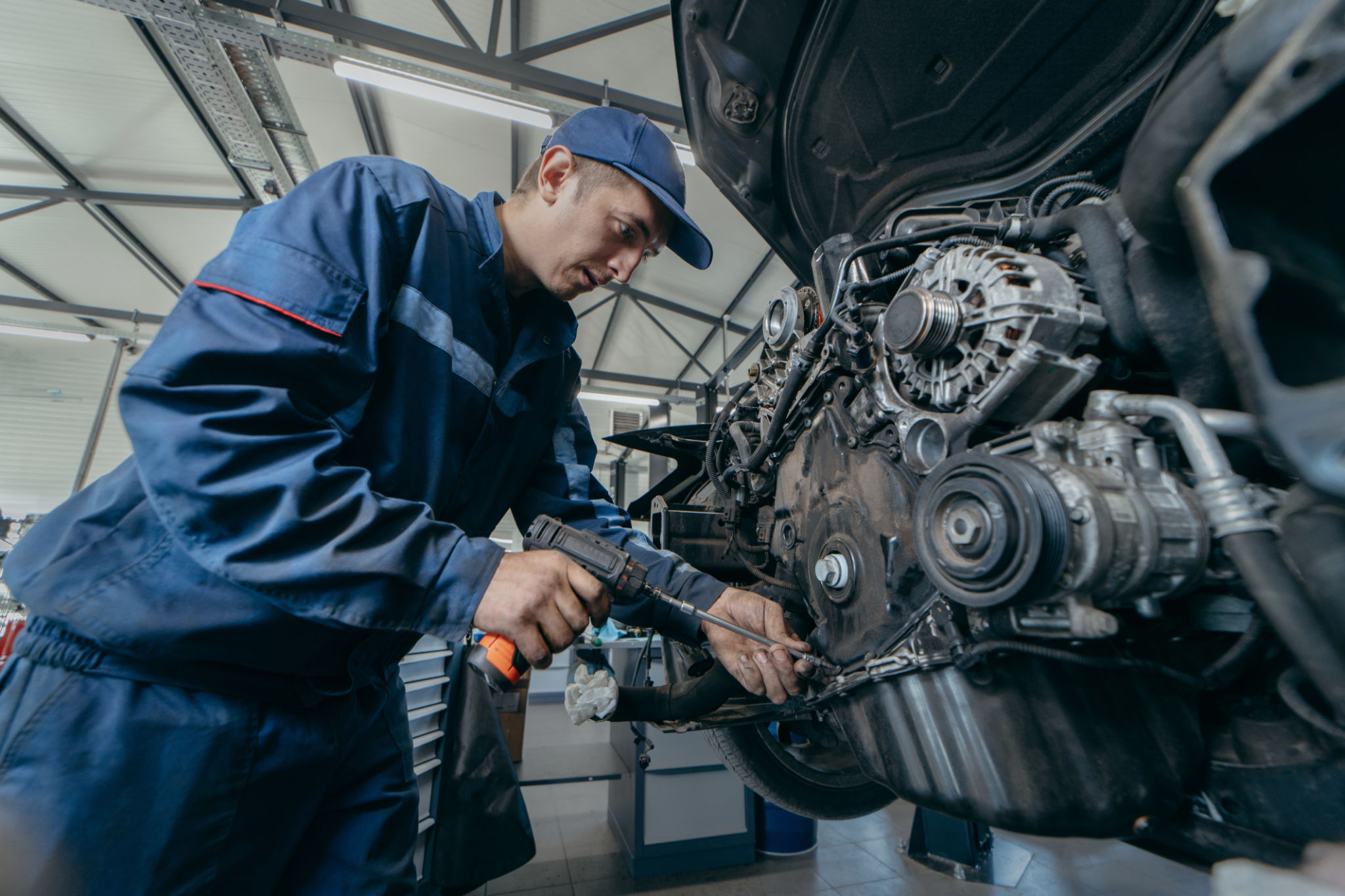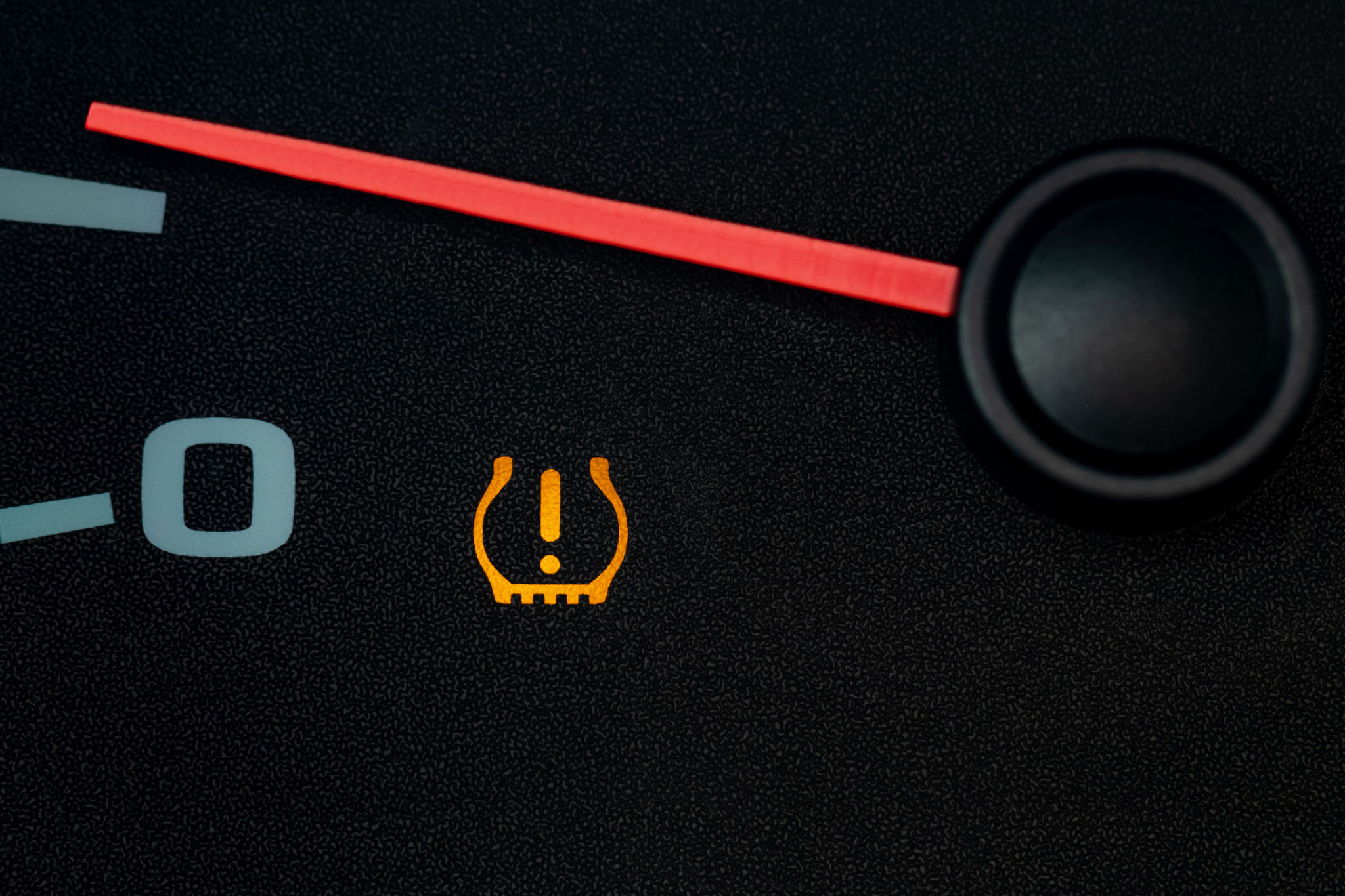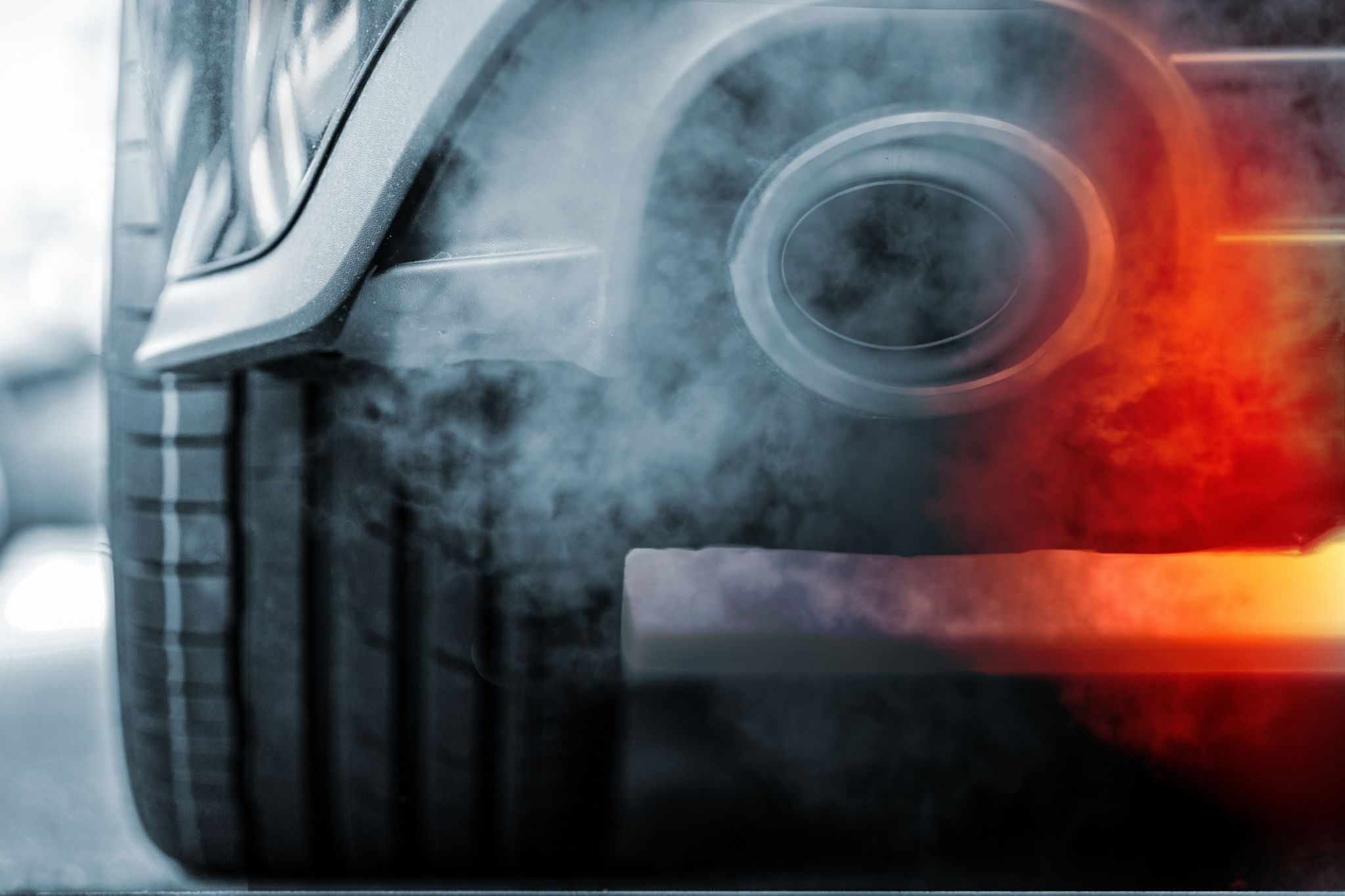Avoid These Common DPF Maintenance Mistakes: Tips from Melbourne Experts
SS
Understanding DPF and Its Importance
The Diesel Particulate Filter (DPF) is an essential component in modern diesel engines, designed to reduce emissions by trapping soot and other harmful particles. Proper maintenance of the DPF is crucial to ensure your vehicle runs efficiently and complies with environmental regulations. However, many vehicle owners in Melbourne make common mistakes that can lead to costly repairs or replacements.

Neglecting Regular Inspections
One of the most frequent mistakes is failing to conduct regular inspections of the DPF system. Regular check-ups can help identify potential issues before they escalate into more significant problems. Melbourne experts recommend scheduling DPF inspections at least once a year or according to your vehicle manufacturer's guidelines.
Ignoring Warning Lights
Many drivers make the error of ignoring the DPF warning light on their dashboard, assuming it will go away on its own. This oversight can lead to severe damage and expensive repairs. It's crucial to address any warning signals immediately by consulting with a professional mechanic who can diagnose and resolve the issue promptly.

Using Incorrect Fuel or Oil
Another common mistake is using the wrong type of fuel or oil for your diesel engine. High-quality, low-sulfur diesel fuel is essential for maintaining a healthy DPF system. Additionally, using the correct engine oil, as recommended by your vehicle manufacturer, is critical to prevent soot buildup and extend the life of your DPF.
Attempting DIY Cleaning
Some vehicle owners attempt to clean the DPF themselves using unverified methods or products. This can cause irreversible damage and void any existing warranties. It's best to leave DPF cleaning to the professionals who have the right tools and expertise to do the job safely and effectively.

Overloading Your Vehicle
Overloading your vehicle can put extra strain on the engine and the DPF system, leading to premature wear and tear. Always adhere to your vehicle's load capacity recommendations to avoid unnecessary stress on these components.
Delaying Regeneration Cycles
The DPF requires regular regeneration cycles to burn off accumulated soot. Skipping or delaying these cycles can result in clogging and reduced performance. Make sure you're aware of how your vehicle's regeneration system works and follow the manufacturer's instructions for optimal operation.

Conclusion: Best Practices for DPF Maintenance
To avoid these common mistakes, it's essential to follow best practices for DPF maintenance. Regular inspections, adhering to manufacturer recommendations, and consulting professionals when issues arise are key steps in ensuring your DPF system remains in good working order. By taking these precautions, you can enjoy a more efficient vehicle with fewer unexpected repairs.
